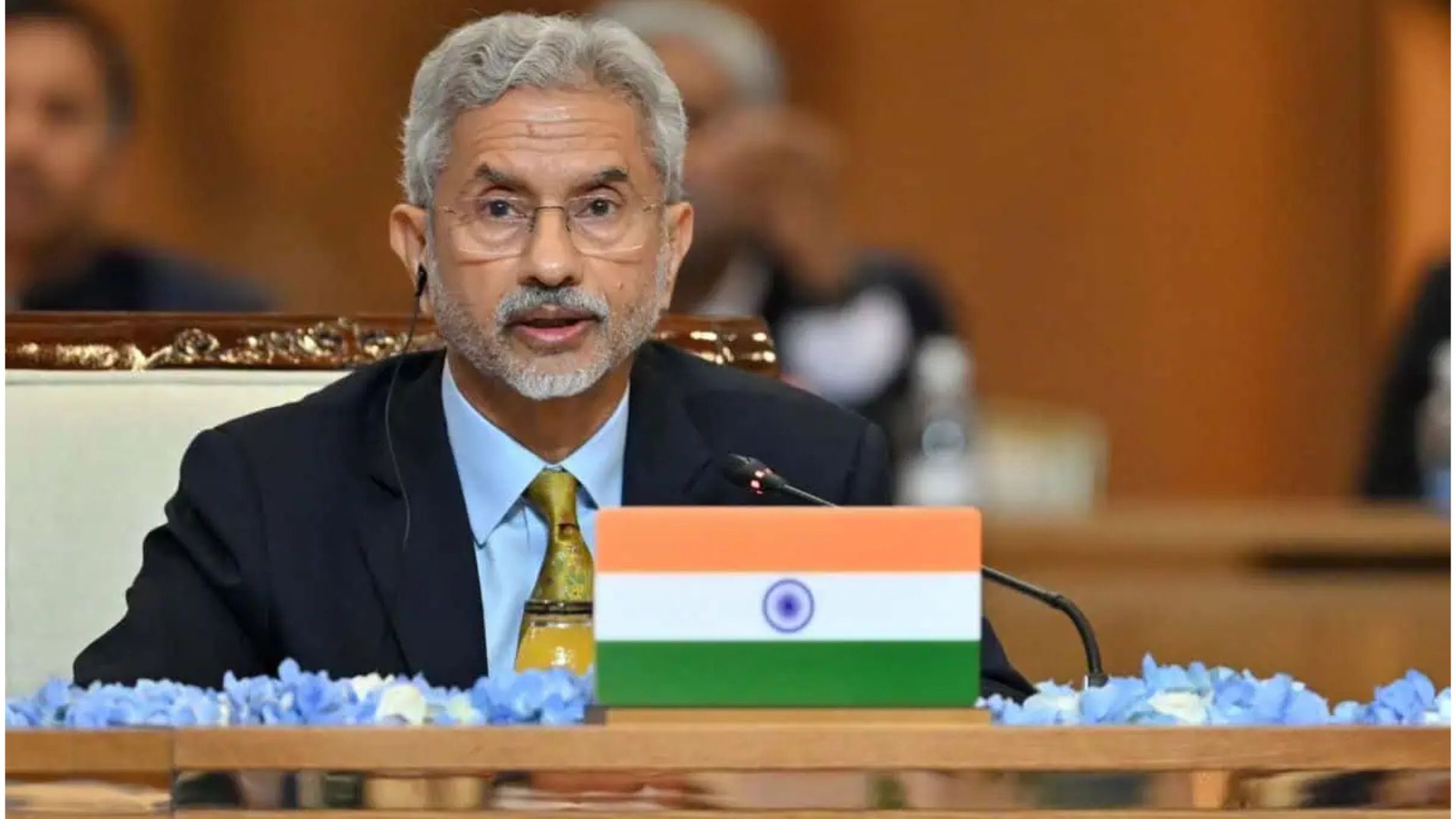
‘I say nothing, not one word, from beginning to end, and neither does he. If it were lawful for a woman to hate her husband, I would hate him as a rapist”.
– Philippa Gregory, The Red Queen
INTRODUCTION
The history of rape dates back to the term when term Raptus was used to denote the theft of property and person. The act of violating the body of the women, ironically, was a harm inflicted upon the father or husband as women were wholly owned subsidiaries. Rape is a sex crime expressed in terms of stuprum by asserting violence or cum vi or per vim, outraging the women by all means.
The institution of marriage in India is related to great sanctity and the act of performing it is celebrated with great pomp and show. India assumes the role of husbands as an incarnation of God and women to showcase a submissive and docile nature to nurture the family carrying a misleading notion of belief to exercise sexual supremacy in lieu of the sacred bond of marriage between them. Marital ties in India reflect old archaic notions of sex as an obligation. The fundamental design of marital institutions is flawed due to interference of misogyny which presumes the marital status of a woman as a sine quo non to consent into the act of forced sex, leaving her into a state of emotional turmoil and reducing into a living corpse. Women are themselves taught by other women to be a good wife and that is achieved by promoting misogynist ideas and one of them happens to be non-refusal of sex to their husbands. The society appreciated these ideas of sexual violence to scare women into thinking that their male partner is stronger than them and refusing them for sex would do no good to them other than attracting their rage in form of sexual violence.
MARITAL RAPE:UNDERSTANDING
Marital rape can be described as the unwanted intercourse committed by the husband through the act of sexual violence, traumatizing woman to the very core. Marital rape is the most common form of masochism and has existed as long as the institution of marriage. Marital rape does not take place in vacuum and family is considered as the safe heaven but in reality it is just a myth. Family itself cradles violence against women by laying foundations for a sexist society. Marital rape is well prevalent into the roots of the society and hides behind the iron curtain of marriage. Family as an institution which should protect the aggrieved rather immunizing the perpetuator of sexual violence and restraining women from seeking help from outside in the guise of protecting family integrity.
The rationale of marital rape is assumed on marital unity for some kind of estoppel, retracting wives from unwanted sexual advances made by their husbands. The major implication of section 375 of Indian Penal Code, 1860 (herein afterwards called as IPC) is that is narrowed down to rape of female not falling under the ambit of marital relationship. If loosely translated, in the institution of marriage, the entity of husband and wife is treated as one and this marital status acts as a license for husbands to rape their wife with full freedom, thus, reflecting the notions of patriarchy existing till date. The prejudice behind the idea of husbands being the protector roots for promoting these flawed notions of male dominance helping them secure a safe haven even after violating the privacy of women to her own body. Patriarchy is inbuilt in the DNA of Indians which very well explains the social and economical structure of arrangements of bestowing men with the title of breadwinner for the family and exercising major control over the family whereas for the women, they are educated to fit into the shoes of homemaker, depending on the breadwinner. This scenario is utilized at its best by the husbands knowing the fact of dependence of women on their income, thus, leaving them no window open other than to suffer at their hands and continue being in an abusive relationship.
CONSTITUTION OF INDIA TETE-A-TETE MARITAL EXEMPTION TO RAPE
Constitution of a country maps the soul of the country. The Indian Constitution is carefully designed to ensure power control, conformity with human rights, checking upon social and individual interests of conflicts and smoothing the vehicle of national progress and unity. The Constitution of India ensures that every law passed is in confirmation with the ideas and principles as enshrined and any subsequent failure to meet with the standard will be awarded with the status of ultra vires, thus rendering them unconstitutional.
1. RIGHT TO EQUALITY
Article 14 guarantees a fundamental right to its citizen, equality before laws and equal protection of laws. However, this article does not call for equal treatment of every individual and the S.C laid down essentials for a valid classification and they are as follows:-
The classification has to be found on an intelligible differentia distinguishing the grouped ones from others
The differentia must derive a rationale related to the object which is to be achieved by the legislation.
However, the test of equality is to be applied in a certain way which does not stereotype a particular gender curtailing gender biased differential treatment. Section 375 of IPC does have loop hole which prevents married women to seek justice for rape committed within the sphere of marital status. The classification and differential treatment of married women is deemed to have been consented within the institution of marriage which is prima facie a wrong assumption and does not comply with intelligible differentia. The Mrs. Status of women deprives her of her own bodily autonomy and personhood, thus, vitiating the test of Article 14 under the ambit of our Constitution
2. RIGHT TO LIFE AND PERSONAL LIBERTY
Article 21 guarantees for life and personal liberty as enshrined the Indian Constitution. The meaning of ‘life’ was first defined in the famous case of Bandhua Mukti Morcha v. Union of India whose foundation was built on one of the most celebrated judgments of Munn v. Illions according to which ‘ life was something more than mere existence’.
The jurisprudence of Article 21 is the storehouse of all forms of rights, thus, attracting a wide definition of life to protect all forms of human life and liberty. However, there is a blatant violation of Article 21 in terms of marital rape.
RIGHT TO LIVE WITH HUMAN DIGNITY
Right to life is inclusive of the right to live with human dignity which includes the bare minimum necessities of life like mingling and mixing with other fellow human beings and expressing in diverse forms. Rape, other than being a sexual offence is an act of aggression projected with humility towards the victim. The exception of marital rape is violative of the very essence of right to life enshrined under Article 21 rendering it unconstitutional.
RIGHT TO PRIVACY
Right to privacy finds its place under the wide interpretation of Article 21 as recognized by judiciary. The right to be left alone also forms a part of this right which includes the free will to sexual intercourse as well and the marital status of woman can also not retract the fundamental right to sexual privacy from her. Every woman is entitled to sexual privacy and no man can force their sexual desire on any woman according to their whims and fancies. By decriminalizing marital rape, the perpetuators get immunity from their very own heinous act, thus invading on the rights of sexual privacy of women within the institution of marriage and vitiating the very principle of Article 21 under the Constitution of India.
RIGHT TO BODILY SELF-DETERMINATION
This right owes its inception to the wide interpretation of Article 21 of the Indian Constitution. The consent and will to have sex is regarded as one of the most personal and private choice of an individual irrespective of the marital status. So, any law interfering or meddling with the right of bodily self-determination is regarded as Unconstitutional.
RIGHT TO GOOD HEALTH UNDER ARTICLE14 AND ARTICLE 21
Article 21 of the Indian Constitution ensures right to good health. The exemption to marital rape is prima facie violating the right to good health doing no good to wives and harming their psychological and physical well being. There is also a very good possibility of women losing themselves to sexually transmitted diseases (STD). The marital exemption to rape is a loophole which inbreeds the future criminals of society and is unconstitutional.
The S.C has declared that the laws which are subject to under the scrutiny of Article 14 and Article 21 must qualify the test of reasonability to operate within the framework of Constitution. Even if the doctrine of marital rape surpasses the test of ‘reasonability’ it still has to pass the muster of ‘just, fair and reasonable’ law in order to recognized as constitutional.
The Apex Court has laid down that Article 21 of the Constitution delivers the citizen, the right of not being deprived of personal life and liberty except by the procedure established by law, hence, this procedure carries the burden of being just, fair and reasonable and not arbitrary, whimsical or fanciful in nature.
CONCLUSION
Society conceived these sexist values and beliefs from the outset of civilization and projected these practices of perverseness as something very usual and normal phenomenon. In fact, the multi mosaic model of India advocates for this sexual violence against women and treats it as something obligatory on the part of women to continue being a prey of such sexual violence. Since, the inception of marital rapes, rapes were quite common in almost every part of world and every civilization is a witness of such heinous practice but the unfortunate part was women themselves were blamed for such incidents and instead of people checking on men for the perverseness, women were made a toy at the hands of religion and culture. Women were chained with different codes of conduct to comply by, dress being the most important ones. All these practices are demonstrative of the prevalence of patriarchal notions from the very beginning of societal setup, all summing up to ex parte sufferings of women alone.
Societal disobedience is the major cause of the enforcement of existing laws. The laws are made to regulate the code of conduct of people deviating from the usual social norms and to curtail from engaging into such practices again, the element of punishment was introduced but unfortunately marital rapes never saw the day of light as a matter of wrong. Hence, we see the liberal nature of laws towards the sexual predators in the sanctity of marriage, taking advantage of the intimacy of the private affair.
The fundamental design of marital institutions is flawed due to interference of misogyny which presumes the marital status of a woman as a sine quo non to consent into the act of forced sex, leaving her into a state of emotional turmoil and reducing into a living corpse. Women are themselves taught by other women to be a good wife and that is achieved by promoting misogynist ideas and one of them happens to be non-refusal of sex to their husbands.















